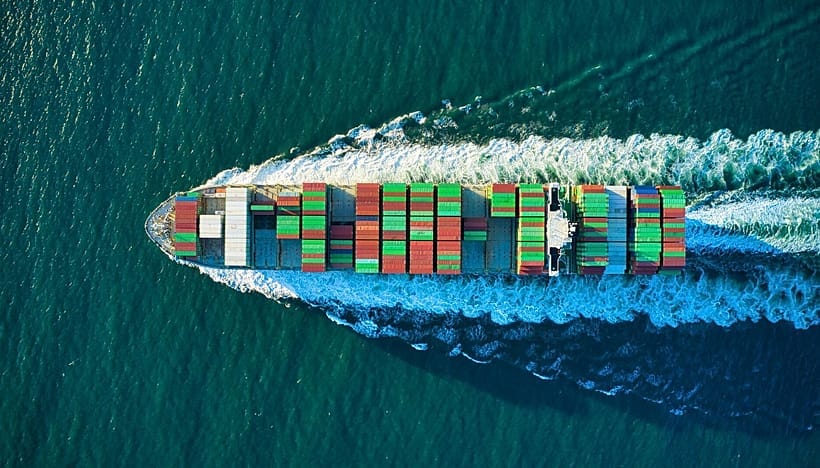Delay in Global Shipping Decarbonisation
The International Maritime Organization (IMO), the United Nations‑affiliated body responsible for global maritime regulation, has postponed adoption of its landmark “Net‑Zero Framework” (NZF) by one year. The decision came after contentious discussions during the Marine Environment Protection Committee (MEPC) meeting in London, as pressure from certain member states—including the United States Coast Guard (USA) and several Gulf nations—mounted over binding emissions rules and carbon‑pricing mechanisms for shipping.
The Net‑Zero Framework was designed to implement a global standard requiring ships to report, verify and eventually reduce greenhouse‑gas (GHG) emissions in line with the IMO’s 2023 strategy. The postponement is expected to delay key implementation milestones from 2028 to beyond 2030, potentially undermining industry investment in cleaner fuels and technologies.
Industry groups such as the International Chamber of Shipping (ICS) and environmental NGOs expressed disappointment: they say the delay sends a weak signal about global commitment, and risks imposing higher costs later or failing to meet the 2050 net‑zero target.
Government spokespeople for pro‑delegations argued that more time is needed to build consensus and align national regulatory frameworks, especially for developing nations and shipping‑fuel supply chains. However, critics warn that further delay could lock the maritime sector into high‑carbon infrastructure and reduce the chance for early adopters of green shipping to gain competitive advantage.

Why it matters
Shipping carries around 80 % of global trade by volume and is responsible for roughly 3 % of global CO₂ emissions. With global trade expected to rise, decarbonising shipping is critical to meeting climate targets.
A global, binding framework offers certainty for shipowners and fuel‑suppliers to invest in low‑carbon fuels (e.g., ammonia, hydrogen, methanol) and retrofit technologies. Delay means uncertainty, higher risk for investors, and possibly stranded assets.
For developing countries reliant on maritime imports/exports (including many in Africa), delay may mean they remain locked into older, more polluting shipping fleets, poorer terms and less access to green‑shipping advantages.
From a climate diplomacy standpoint, the postponement signals weakness in the multilateral climate‑governance architecture, and may embolden other sectors to delay critical decisions.
What Next
Shipping companies should review risk‑management plans: what if regulation is delayed further? Are they exposed to future punitive costs or stranded assets?
Governments (especially in Africa) should engage in IMO processes and push for inclusion of developing‑country needs (fuel supply, infrastructure, financing) in the final framework.

Financial institutions and investors should assess shipping portfolios for transition risk (and opportunity) given the new uncertainty.
The Urban Gazette coverage will track how this decision impacts African ports, shipping companies operating in East Africa, and trade costs for land‑locked countries.




